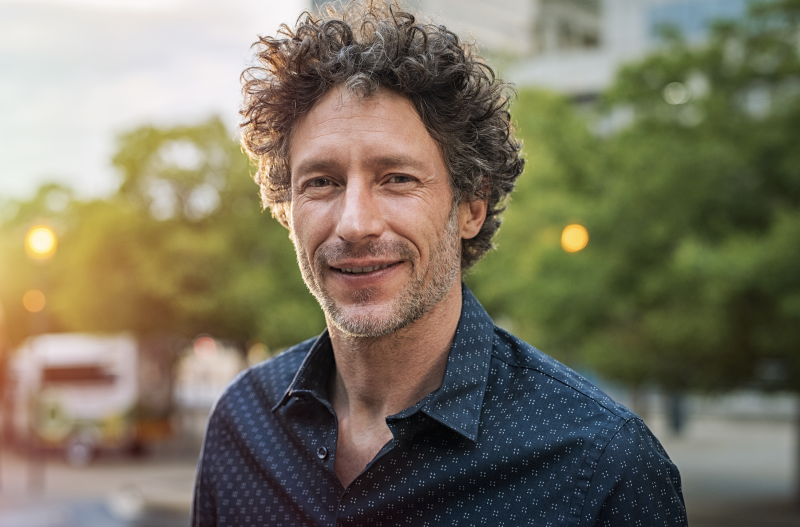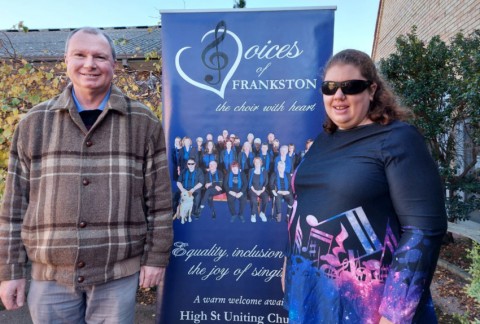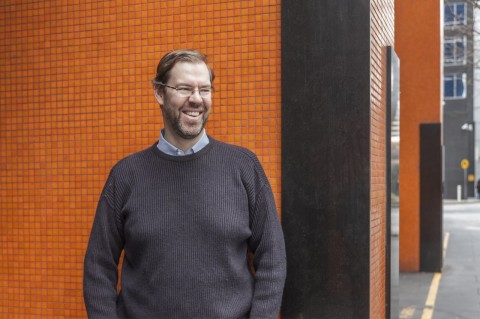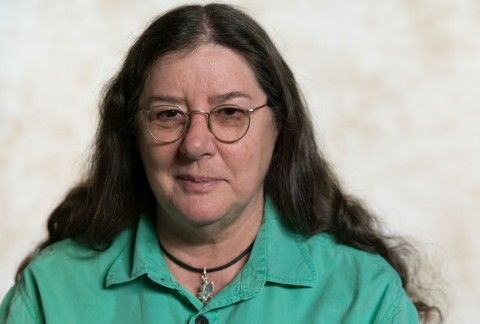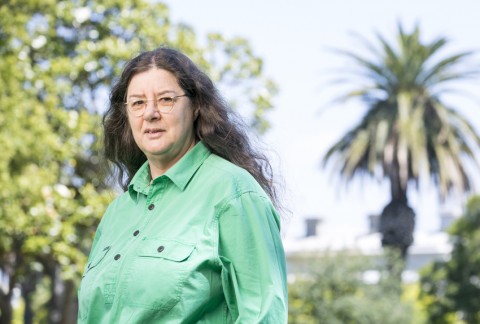Engaging in meaningful work is an important part of many people’s lives, including those living with schizophrenia. Many people with schizophrenia can absolutely find a job and thrive in the workplace, and work across a variety of industries and positions. This is especially the case when they have the right supports in place.
The SANE Blog
I thrive with my ‘diagnosis of schizophrenia’ but there are still challenges for me that I feel aren’t well understood by others.
So, what are the REAL reasons that my life with ‘a diagnosis of schizophrenia’ is so challenging?
From singing alongside acrobats, community and acceptance, to improvement in mental health symptoms, Niall and Jenni chat about the empowerment that comes from ‘finding their voice’ in Voices of Frankston.
I eloped with my partner in November 1985, wearing huge ‘leg of mutton’ puff sleeves and listening to Starship’s ‘We built this city’. I worked in marketing and he was a registered nurse. He was funny, quirky, different and we were in love. We did what everyone was doing; buying a house, partying, dinners, birthdays, Christmas and in a blink, ten years had passed.
In 1998 our son was born, and everything seemed perfect. Seemed.
From poet and violinist, to hockey player and advocate, Sandy Jeffs OAM is also one of SANE’s longest serving Peer Ambassadors, sharing her experience of living with schizophrenia for 45 years to shape public policy and help others.
This Schizophrenia Awareness Week, which coincides with SANE’s 35th anniversary, we chat to Sandy about the ‘heady’ early days of SANE, becoming a public figure, and ‘curating’ a life towards wellness, despite the daily challenges.
Bushfire recovery is different for everyone. Finding a way back can take time, but there are green shoots on the other side.
Experiencing disaster takes a significant toll. The added pressure of being responsible for others – whether they’re family members, friends or people in your community – can make it really hard to find time and space for important self-care. But not doing it can have devastating effects.
Butch lives in Moss Vale, in the New South Wales Southern Highland area. In January 2020, a fire jumped a river and raced towards homes, sandwiching his town between two major blazes. Although he and his family were safe, Butch got a call asking if he would be part of an emergency response team in Batemans Bay.
When he arrived, the town was cloaked in smoke and lit by the red glow of flames.
Reading can be a tremendous source of solace as we navigate the ups and downs of life. Books that contain characters we relate to can provide a way to transcribe the messiness in our minds and understand other people's emotions. Mental illness can sometimes make it challenging to find the concentration required to read, but these nine books are wor...
SANE Peer Ambassador Cameron was one of the participants in the two-part SBS documentary How 'Mad' Are You? We asked Cameron, who lives with schizophrenia, to share his thoughts on taking part in a series that questions society's assumptions about mental illness.
SANE Peer Ambassadors Sandy and Hannah share what it was like star in the schizophrenia episode of ABC TV's You Can't Ask That.
Sandy Jeffs remembers her diagnosis of schizophrenia in 1976 as "an absolute death sentence".
"I thought, 'Where do I go from here?' It seemed there was no future, no hope. You were on the scrapheap."
